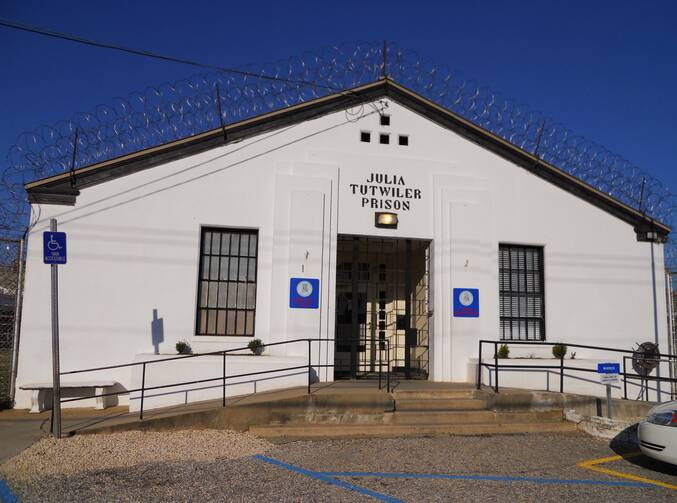Serving time in prison is not supposed to be easy. But it is not supposed to be harder for people with disabilities. The Americans With Disabilities Act and the Rehabilitation Act require that prisons and jails make reasonable accommodations for people with disabilities and that all inmates have equal access to programs, services and activities. In a lawsuit brought against the Alabama Department of Corrections, inmates claimed that the state failed to comply with those standards. On Sept. 9, a federal judge gave final approval to a settlement, and officials agreed to make the needed architectural changes, streamline screening for disabilities and improve access to prison services.
Unfortunately, this is not a challenge unique to Alabama. According to the Bureau of Justice Statistics, an estimated 32 percent of prisoners report having at least one disability, and prisoners are nearly three times more likely than the general population to be disabled. From the point of arrest through trial, imprisonment and re-entry, people with disabilities are disproportionately subject to unfair treatment and abuse at the hands of law enforcement, guards and other inmates. Instead of providing these vulnerable people with the accommodations required by law, prisons routinely place them in solitary confinement “for their own safety.”
“Disabled Behind Bars,” a report published this summer by the Center for American Progress, provides recommendations to ensure safe and fair treatment in prisons and jails. They include creating statewide boards to set and monitor standards and establishing disabilities training and policies for the appropriate use of force. Such institutional reforms are necessary but not enough. Catholics should also take seriously the biblical command to visit the imprisoned so that we, and society as a whole, do not remain blind to their fate.








